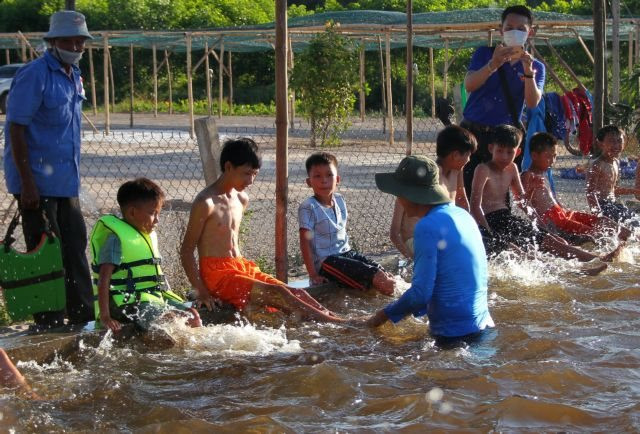
Vietnam was the first country in Asia and the second in the world to ratify the International Convention on the Right of the Child in 1989, and the 118th signatory to the International Convention on the Rights of Persons with Disabilities in 2007.
Since then, the position and role of persons with disabilities, especially children, have been improved, while the country’s legal system in the field has also become closer to the common norms of international law regarding children with disabilities with the promulgation of many policies, projects and programmes.
The Constitution 2013 devotes one chapter to human rights with special regulations on the rights of children, including those with disabilities. Meanwhile, the Children Law 2016 has also created a fundamental legal framework to ensure the full observance of rights for all children, with stipulations more aligned with the Convention on the Rights of Persons with Disabilities. Other laws have also been reviewed and updated to better meet the requirements of international practices and norms related to the rights of children and children with disabilities in particular.
Notably, the Law on Persons with Disabilities, which was adopted in 2010, marked an important milestone regarding the position of disabled children in society, showing the efforts and determination of the Party and State to support them in integrating into society. Supportive policies in social welfare, healthcare, education, vocational training, employment and culture-sport activities have also been promulgated to ensure that they have good access to care, protection and education services in the community.
Ministries, sectors and localities have also worked together in caring for children with disabilities by effectively implementing the policies and reporting feedback for the completion of the policies.
In order to improve the efficiency of the policies, especially in remote and mountainous areas, on October 29, 2018, the Prime Minister issued Decision No 1438/QĐ-TTg approving a project to assist children with disabilities in accessing care, protection and education services in the community in the 2018-25 period.
The project set a target that by 2025, all children with disabilities access the necessary services and opportunities to practise their full rights. The project is entering the second phase with many specific goals.
However, so far, the public awareness of the rights of children with disabilities remains modest, while there is a lack of special schools providing care and education for children with disabilities, and nursing and vocational training centres for them have faced many difficulties in infrastructure and personnel.
In the future, in order to provide better care for children with disabilities, it is necessary to strengthen communication on the policies and laws regarding the rights of the children and raise public awareness of the responsibilities of families and society in ensuring children’s access to care, protection and education services in the community.
Further efforts should be made to complete the system of laws and policies to assist children with disabilities and enhance the capacity of officials and suppliers of services for children, and expand the network of supporting service suppliers for them.
State management on the work should also be strengthened, along with stricter inspections and monitoring over the implementation of the policies and laws.

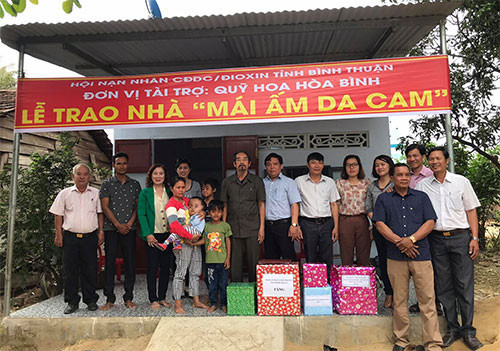
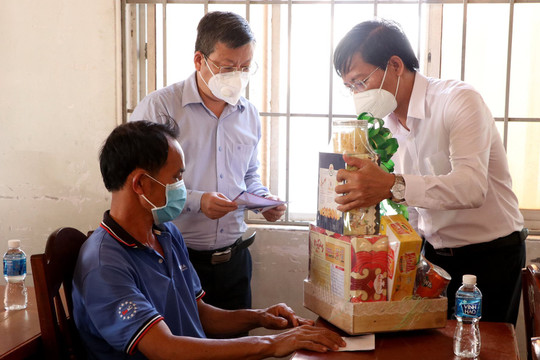
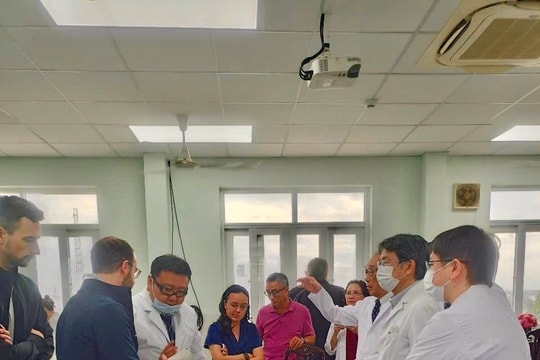
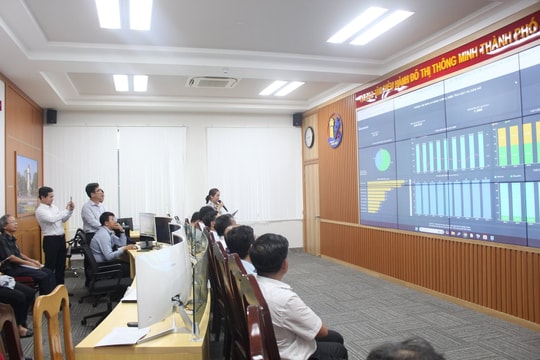
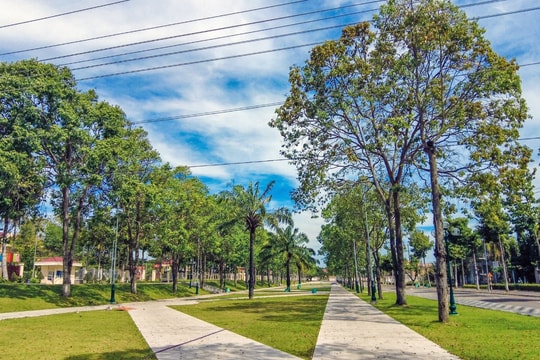

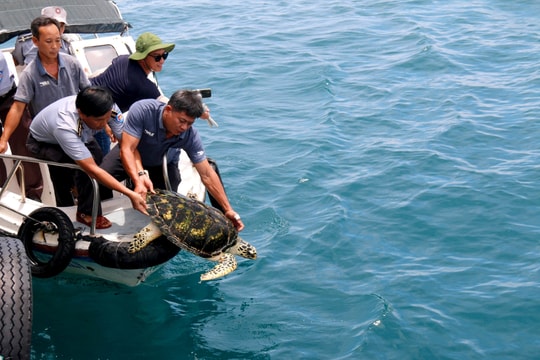
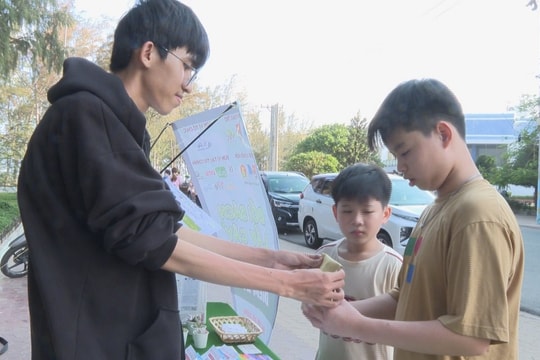


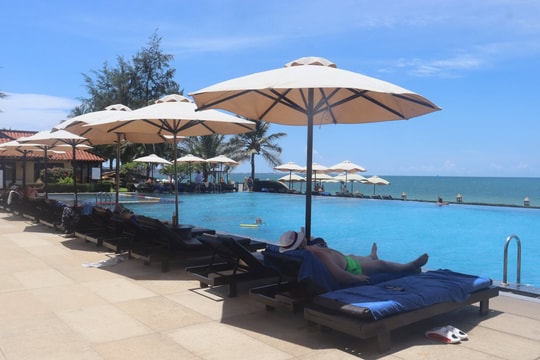










.jpg)


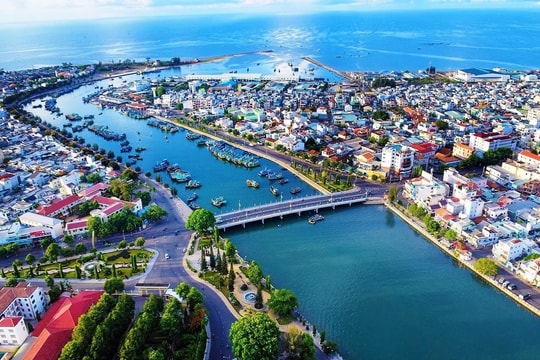


.jpeg)

.jpeg)

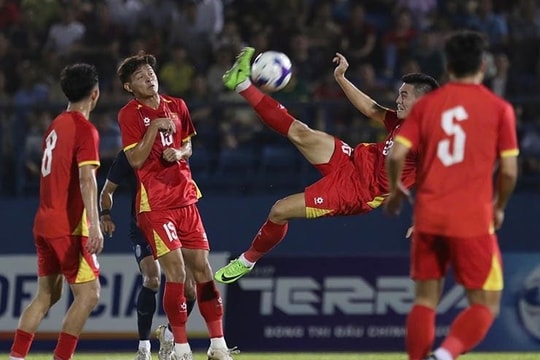
.jpeg)


